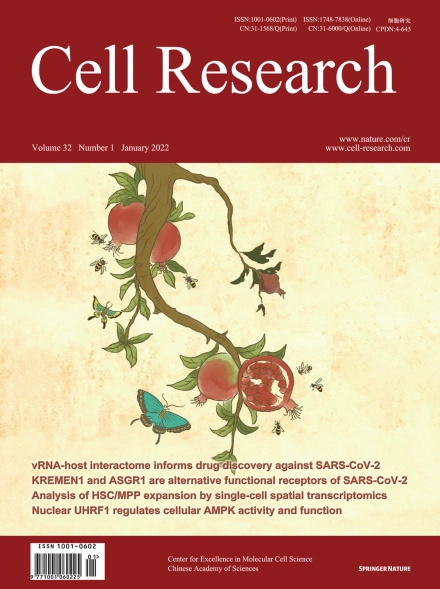
Advanced Search
Submit Manuscript
Advanced Search
Submit Manuscript
Volume 32, No 1, Jan 2022
ISSN: 1001-0602
EISSN: 1748-7838 2018
impact factor 17.848*
(Clarivate Analytics, 2019)
Volume 32 Issue 1, January 2022: 99-102
SDX on the X chromosome is required for male sex determination
Junfeng Zhan1,2 , Peng Cui1 , Ziqi Yu1 , Wei Qu1 , Mengcheng Luo1,*
1Hubei Provincial Key Laboratory of Developmentally Originated Disease, School of Basic Medical Sciences, Wuhan University, Wuhan, ChinaDear Editor,
Sex determination is one of the most fundamental development processes, as gender is the first and most important identity of human. In most mammals, biological sex is determined by differences in sex chromosomes,1 while the autosomes are identical in both male and female. During the past 30 years, two genetic pathways of sex determination have been revealed in mammals: the testis-determining (SRY-SOX9-FGF9) and ovary-promoting (RSPO1-WNT/β-catenin-FOXL2) pathways.1 Previous study have shown that SRY is the only gene in the Y chromosome necessary for sex determination.2 Among sex reversed patients, about 15% of 46 XY females can be attributed to mutations of SRY.3 However, it remains elusive whether there is another sex chromosome gene necessary for sex determination. Interestingly, the African pygmy mouse Mus minutoides showed XY-female sex reversal due to disruption of unknown genes on the X chromosome.1 To identify the potential sex determinants from the X chromosome, we employed an innovative proteomics approach and identified a novel sex-determining gene SDX on the X chromosome. Our study demonstrates that knockout of SDX results in development of ovotestis in fetal SDX–/Y gonads and complete male-to-female sex reversal in adult SDX–/Y mice. These findings suggest that SDX on the X chromosome is required to cooperate with SRY to assure male sex determination.
https://doi.org/10.1038/s41422-021-00539-0